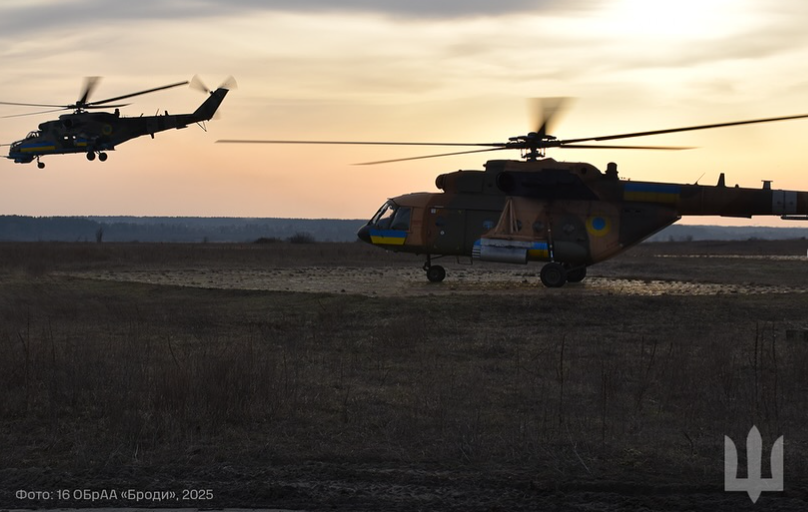JAKARTA (Reuters) – Lion Air said on Monday passenger numbers dropped by less than 5 percent in November compared to a year earlier, after one of its Boeing Co 737 MAX jets crashed in late October killing all 189 people on board.
FILE PHOTO: A Lion Air Boeing 737-800 plane prepares to land at the Sukarno-Hatta airport in Tangerang on the outskirts of Jakarta January 30, 2013. REUTERS/Enny Nuraheni
“There was a decline but it wasn’t too significant,” the airline’s CEO Edward Sirait told television network CNN Indonesia. “It was under 5 percent compared to the traffic at the same month last year.”
He said Lion Air did not “clearly understand” whether the crash was responsible for the fall in traffic in November, which he said was a low season for travel.
The airline, Indonesia’s largest, is privately owned and does not publicly release traffic statistics or financial results.
Sirait said last week Lion Air was considering cancelling orders for 737 MAX jets but it had not yet made a decision.
Sources told Reuters that relations between the airline and Boeing had worsened in a spat over responsibility for the crash.
The airline has 190 Boeing jets worth $22 billion at list prices waiting to be delivered, on top of 197 already taken, making it one of the largest U.S. export customers.
Bankers and some analysts say Lion Air and Southeast Asian rivals over-expanded and would be comfortable with fewer orders.
Boeing has declined to comment on contractual matters but industry sources say aerospace companies rarely leave room for unilateral cancellations except in exceptional circumstances.
The cause of the Oct. 29 crash into the Java Sea has yet to be determined.
Reporting by Tabita Diela and Cindy Silviana; Writing by Jamie Freed; Editing by Muralikumar Anantharaman






Leave a Reply